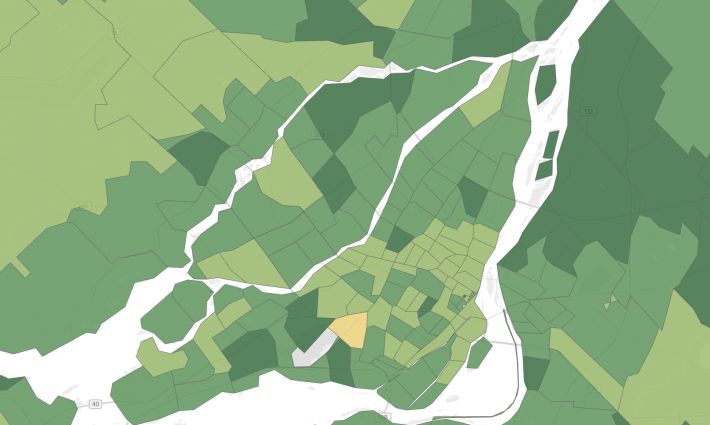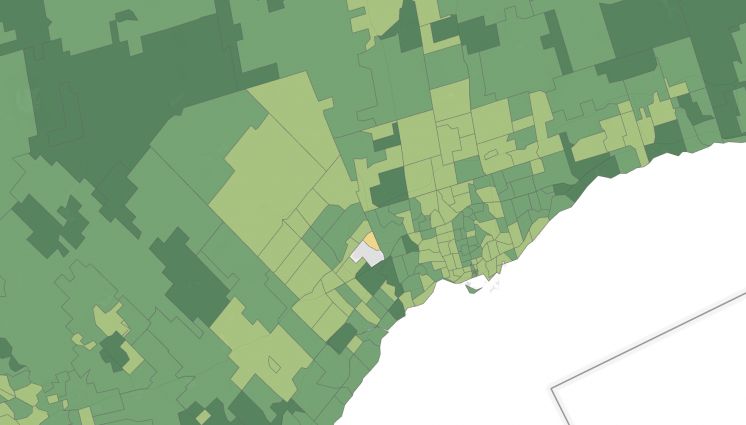When a white restaurateur opened a “clean” fast casual Chinese restaurant in New York City in 2019, it not only led to massive online and media scrutiny, it ended up folding within a year.
Although Lucky Lee’s journey has ended, there is a more insidious undertone to the story that continues. The woman who launched this ill-conceived assault on Asian cuisine, Arielle Haspel, is a nutritionist. While higher income diners can reject the racist premise of Arielle’s offering, for marginalized communities who rely on the support of dieticians— through the programs their work shapes to the nonprofits they inform—the whitewashing of food, eating and bodies has far reaching consequences beyond where to grab a bite.
In December, a group of dietitians took to the pages of the New York Times to discuss the cultural biases implicit in how nutrition is taught, talked about and built into policy.
“If I saw that plate and then looked at my doubles, I would be like, ‘Well, my food is no good.’” Maya Feller, adjunct professor in nutrition at New York University told the New York Times.
From Fearing the Black Body: The Racial Origins of Fat Phobia to Maintenance Phase the way we talk about bodies at the edges of the mainstream is changing and becoming increasingly intersectional.
At the same time, we are entering the second harvest season in North America under pandemic conditions. As Syed Hussan wrote for the Monitor, migrant workers in Canada don’t even know if they will be eligible for free vaccination, despite providing critical labour that keeps our economy running and food on our tables.
With all of this in mind, the Monitor is accepting pitches that explore the following questions (and more). How do we decolonize the food justice movement? How can we liberate nutrition programs from white frameworks that put shame on entire communities’ pantries and ways of eating? How do we create food and nutrition programming that is restorative for traumatized, marginalized and underserved communities and doesn’t centre on white, cis and thin bodies as leaders, experts and goals for participants to strive towards?
What we're looking for
We are looking for feature articles, investigative journalism, illustrations, and book reviews, that are rooted in an intersectional analysis between 700-1,500 words. Your writing style should be accessible (not academic or theoretical).
The Monitor is committed to maintaining gender equity in every issue and is actively working to promote work from Black, Indigenous, and racialized writers. We prioritize publishing authors who are 2SLGBTQQIA+, disabled, fat, poor, and/or otherwise marginalized.
Pitches for the September/October issue are due June 15, 2021.
How to pitch
Your pitch should include what topic you want to cover, how you are approaching it (style, content) and your estimated word count. Please also include your relevant experience and background in writing about this topic. Pitches should be sent to monitor@policyalternatives.ca.
If you have not written for the Monitor before, please provide a link to a short writing sample.
If your pitch is accepted, first drafts are due July 16, 2021, 2021. We will work with you through the editing process. We reserve the right to edit your work.
We aim to reply to every pitch–including those that we can’t accommodate right now. However, because of time constraints, we may not be able to respond to everyone. If you don’t hear back within two weeks of the pitch deadline, please assume that we were unable to accept your pitch.
We encourage you to keep reading the Monitor and pitch us again in the future!





